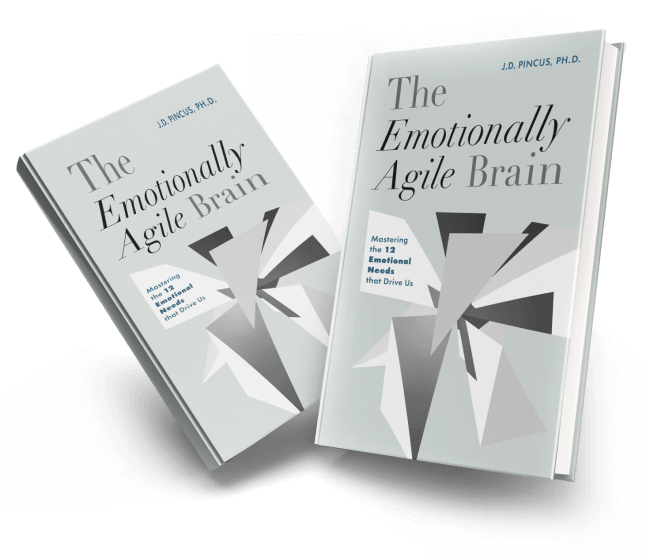Human values play a crucial role in numerous fields, including culture, ethics, politics, anthropology, sociology, social psychology, environmental studies, health policy, education, management, and human capital. These values represent the core reasons behind decisions and behaviors, making them essential for both theoretical exploration and practical application in these disciplines. However, despite their significance, there is a lack of theoretical consensus on the definition of human values, leading to a proliferation of concepts similar to those seen in discussions around well-being, organizational culture, employee engagement, and leadership.
This article calls for a reevaluation of the concept of human values by grounding it in a new psychological theory of human motivation that focuses on fundamental emotional needs. The authors suggest that existing operational definitions used by scholars and practitioners can be viewed as attempts to align with key motivational concepts, specifically those related to emotional needs, but they often fall short. By reviewing prominent definitions in the literature, the article argues that human values can be distilled into a comprehensive framework of 12 fundamental emotional needs, each supported by extensive research.
This new motivational framework provides significant advantages over current theoretical approaches, which often lead to an ever-expanding list of concepts. By embedding values within this structured motivational framework, the authors highlight the benefits for theory development, methodological advancements, and practical applications. This approach offers clearer operational definitions, which can improve understanding and application across various fields, ultimately leading to more effective practices and policies.
A Time-Constrained, Image-Based method for Assessing Employee Emotions




